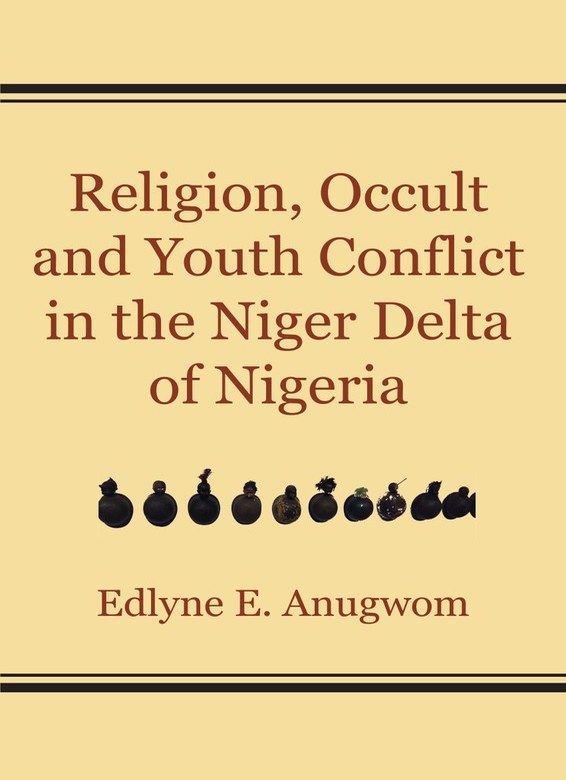written by Edlyne E. Anugwom
The book examines the nexus between youth conflict and the occult drawing its insights from the oil-rich Niger Delta of Nigeria. It sees the occult represented by the Egbesu deity in this conflict as a form of religious belief imbued in this case with the powers of good. Thus, the religious occult is regenerated and re-energised as an idiom of justice and fairness within the Nigerian state by militant youth fighting the forces of the Nigerian state. Ingeniously, the young men simply dug into the cultural repertoire of the people for a hitherto popular expression of justice and perceived source of potency which they felt would not only provide spiritual protection but also pander to the popular imagination of justice. Even against the background prevalent Christianity, the Egbesu does not generate tension in beliefs but responds to the critical exigency of the immediate socio-political milieu of the people.
| ISBN | 9789956764990 |
| Pages | 214 |
| Dimensions | 216 x 140mm |
| Published | 2017 |
| Publisher | Langaa RPCIG, Cameroon |
| Format | Paperback |





2 comments
“Focusing on Egbesu’s new found role as both a protector and energy-giving power for those being attacked and also attacking, Anugwom’s project enters into an existing anthropological conversation around the topics of development, modernity, and the occult. In the conversations these topics intersect in complex ways and are amplified through intersections of local material realities, spiritual beliefs, and local expectations of progress.”
Mwenda Ntarangwi, Associate Professor of Anthropology, Vice President, Theological Books Network, Grand Rapids, Michigan, USA
“This study of youth activism and agency in Nigeria is instructive for theorising the intricate interconnections in African reality, between the visible and the invisible, the modern and the traditional, the cultural and the religious, power and wealth. It demonstrates the dynamism and creativity of being an African youth in the 21st century.”
Francis B. Nyamnjoh, Professor of Social Anthropology, University of Cape Town